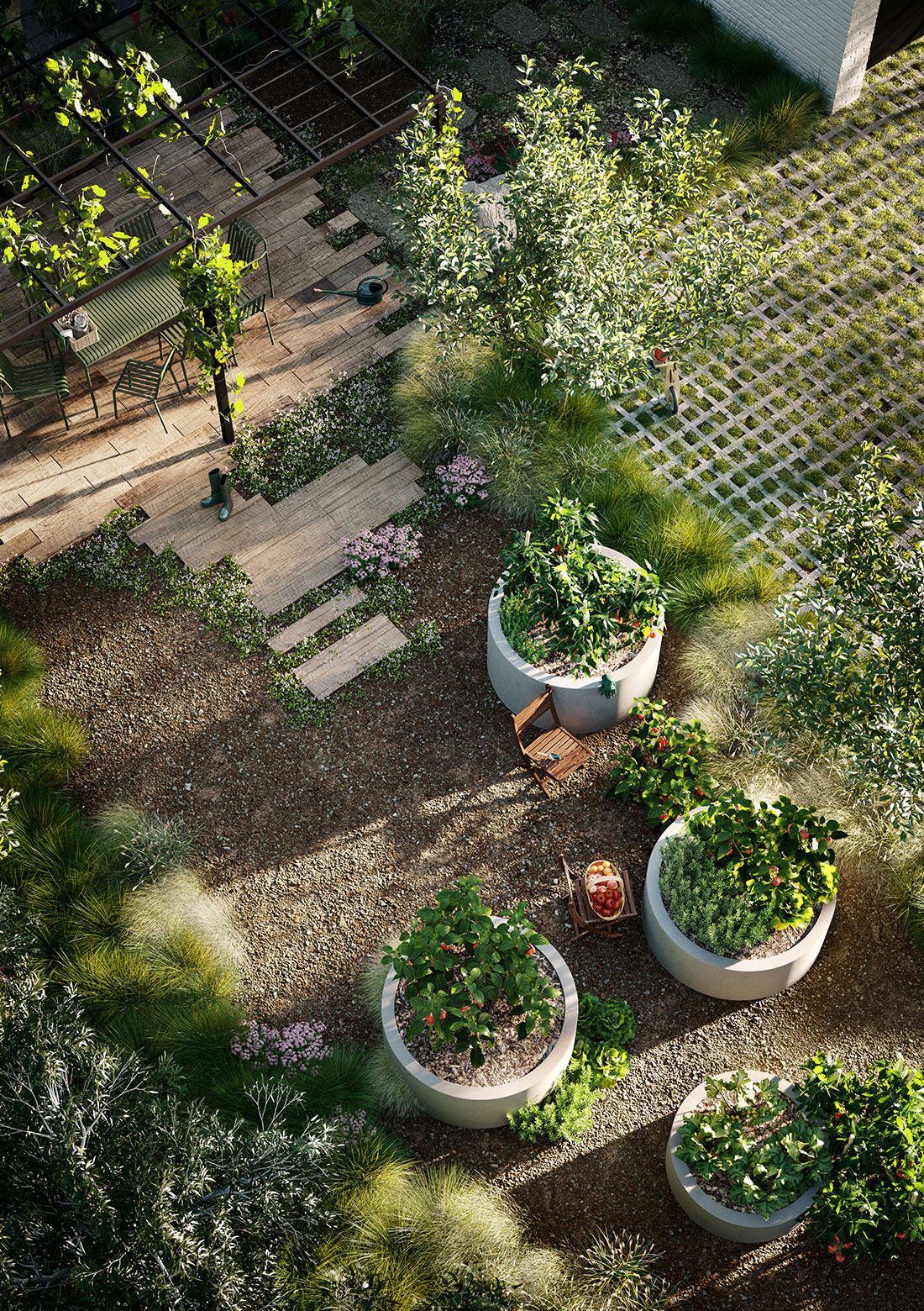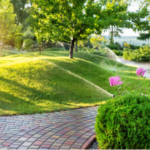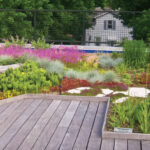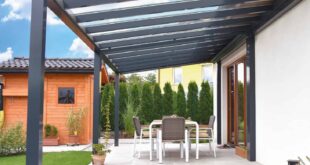Sustainable landscaping is becoming increasingly popular as people seek to reduce their impact on the environment and create beautiful, eco-friendly outdoor spaces. By implementing sustainable landscaping practices, homeowners can not only reduce their carbon footprint but also save money on water and maintenance costs.
One key aspect of sustainable landscaping is the use of native plants. Native plants are adapted to the local climate and soil conditions, making them more resilient and less reliant on water and fertilizers. By incorporating native plants into their landscaping, homeowners can create a low-maintenance, drought-resistant garden that supports local wildlife and biodiversity.
Another important aspect of sustainable landscaping is water conservation. By using techniques such as rainwater harvesting, drip irrigation, and mulching, homeowners can reduce their water usage and protect local water sources. In addition, choosing drought-tolerant plants and minimizing turf grass can further reduce water consumption and maintenance requirements.
Incorporating edible landscaping into a sustainable garden is another way to reduce environmental impact and support sustainable living. Growing fruits, vegetables, and herbs can reduce the need for store-bought produce, which often comes with a high carbon footprint due to transportation and packaging. In addition, growing food at home can provide a sense of fulfillment and connection to the natural world.
Using permeable paving materials is another important aspect of sustainable landscaping. Traditional paved surfaces can contribute to water runoff and pollution, whereas permeable materials allow water to seep into the ground, reducing erosion and flooding. Using permeable paving materials, such as gravel, permeable concrete, or porous pavers, can help homeowners create a more environmentally friendly outdoor space.
Finally, sustainable landscaping practices also include reducing the use of pesticides and synthetic fertilizers. Instead, homeowners can use natural alternatives, such as compost, mulch, and integrated pest management techniques, to maintain a healthy garden without harming the environment. By prioritizing sustainable landscaping practices, homeowners can create beautiful, eco-friendly outdoor spaces that benefit both the environment and their own well-being.
















